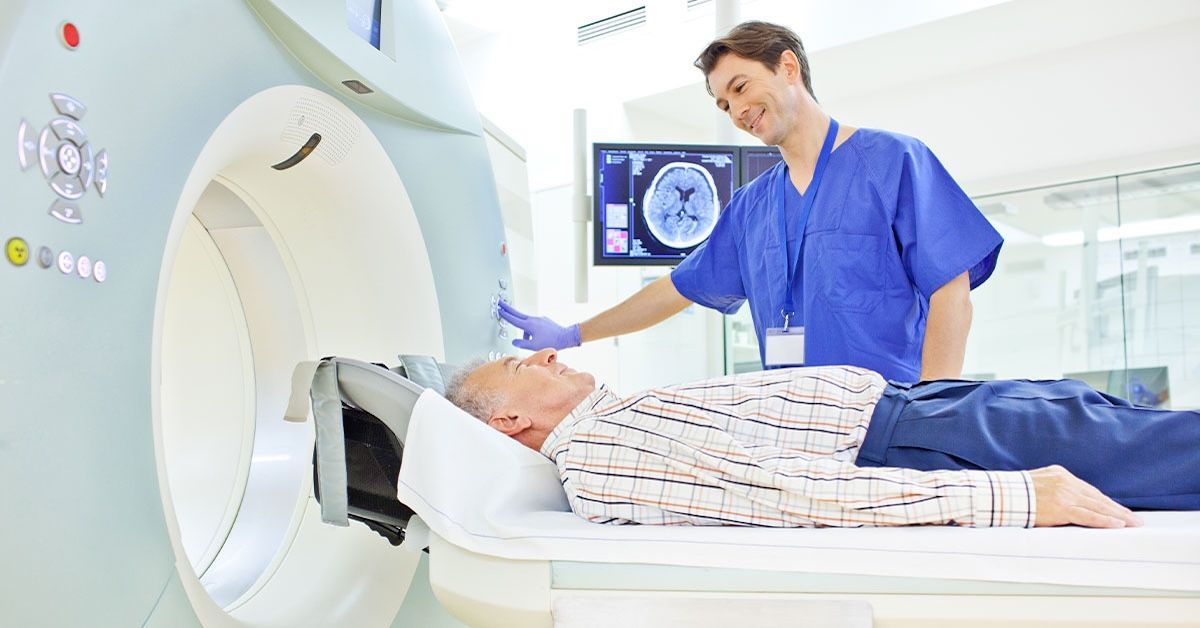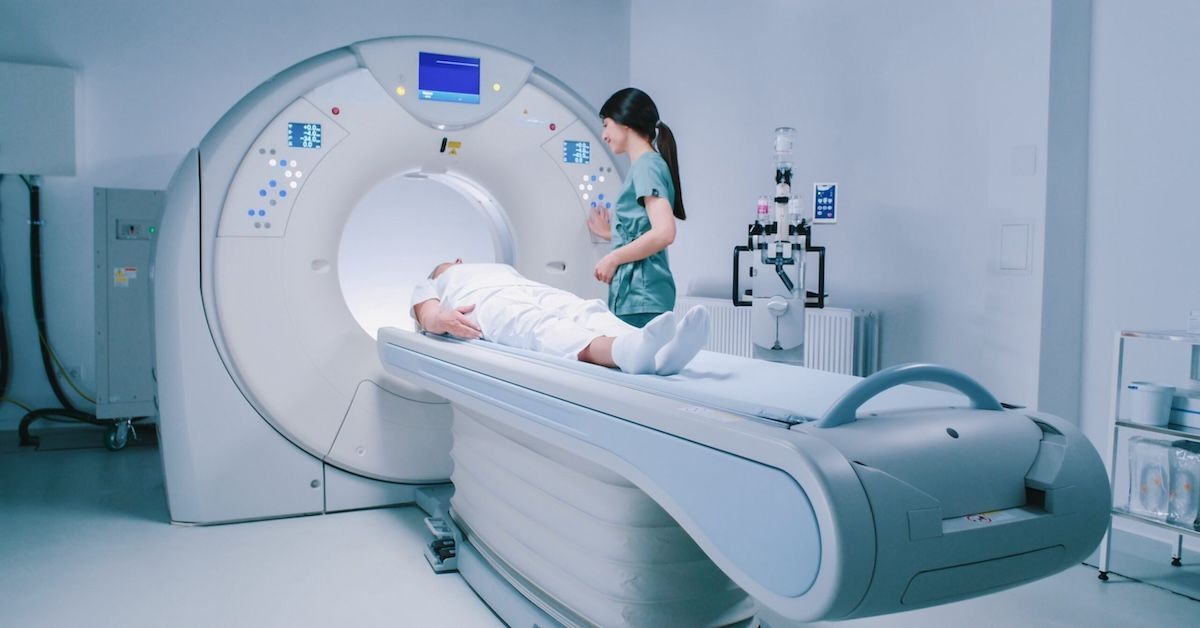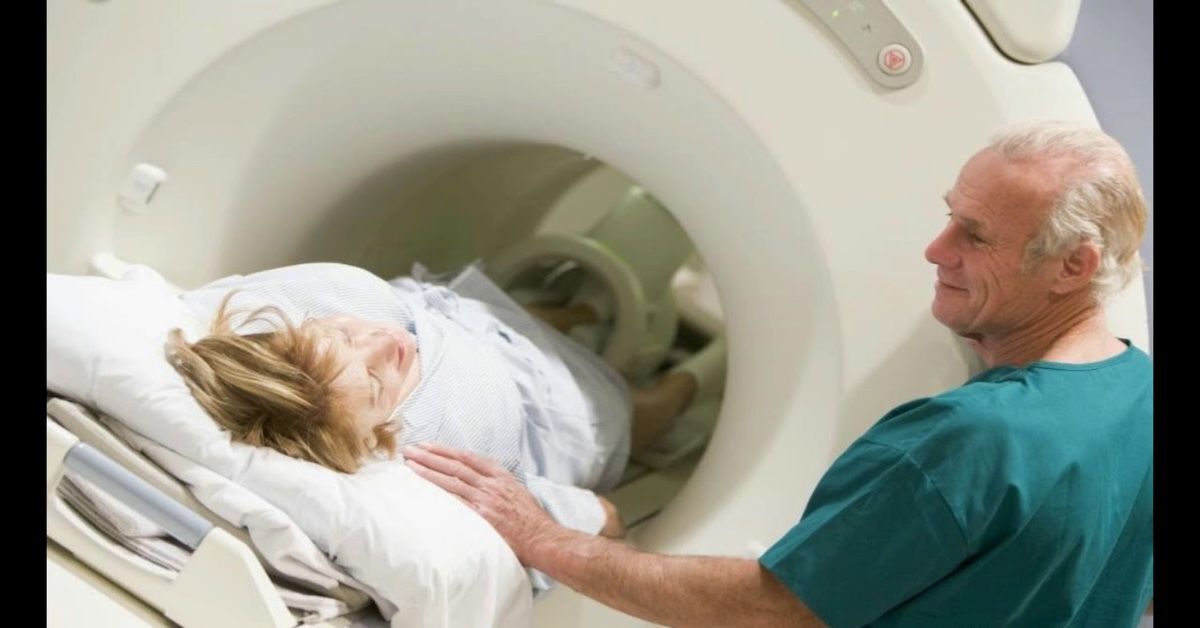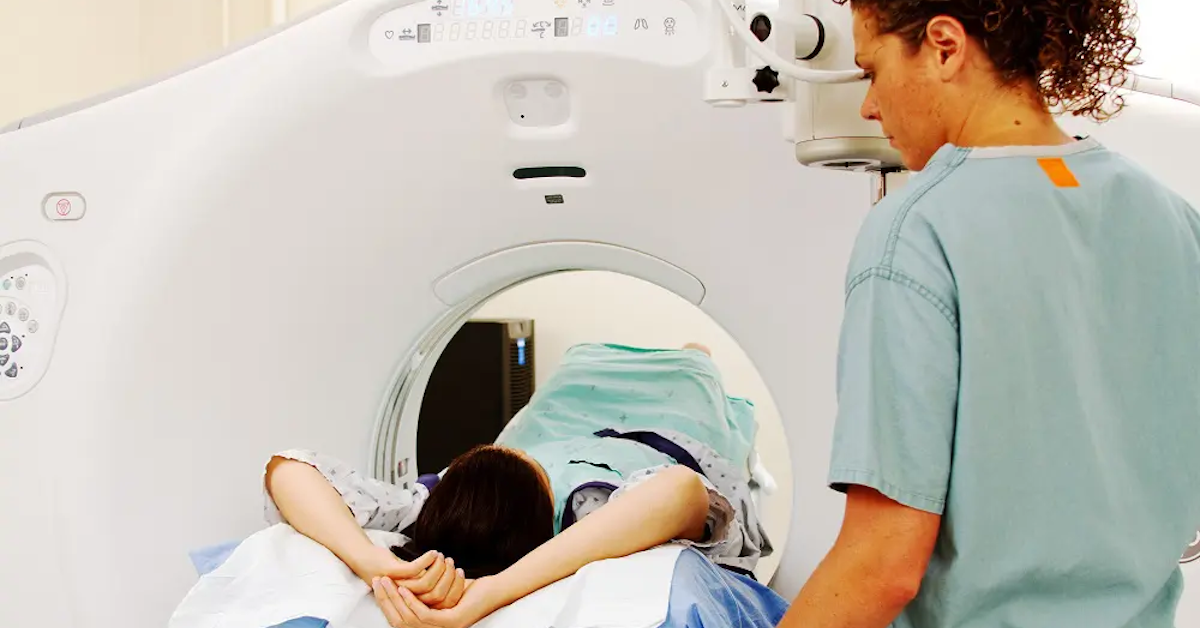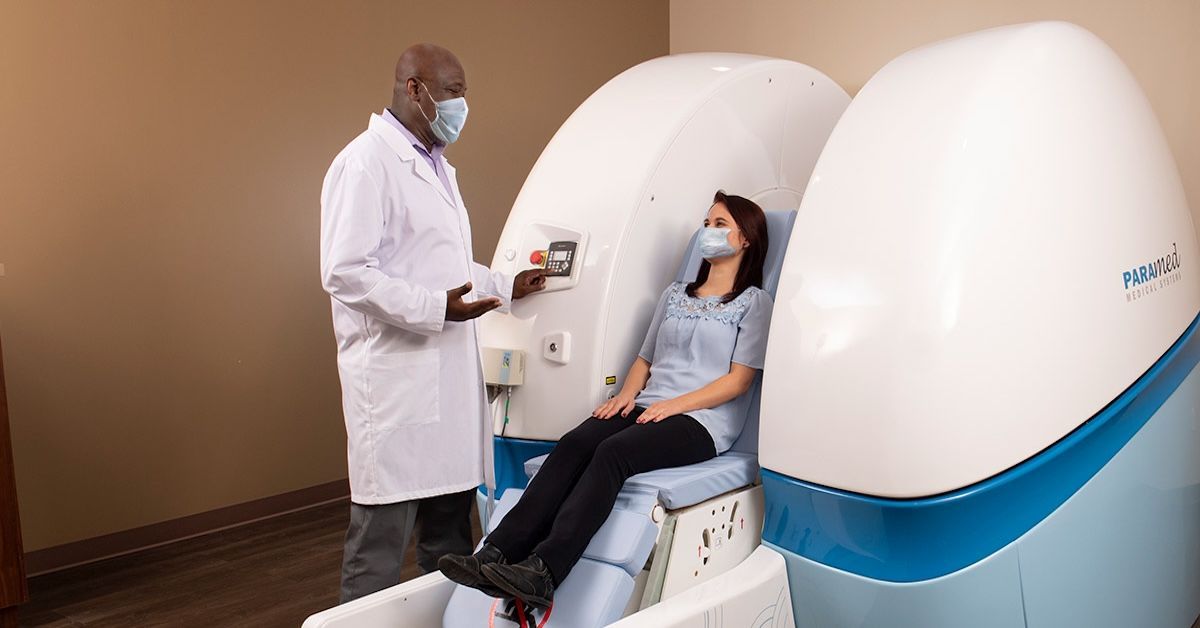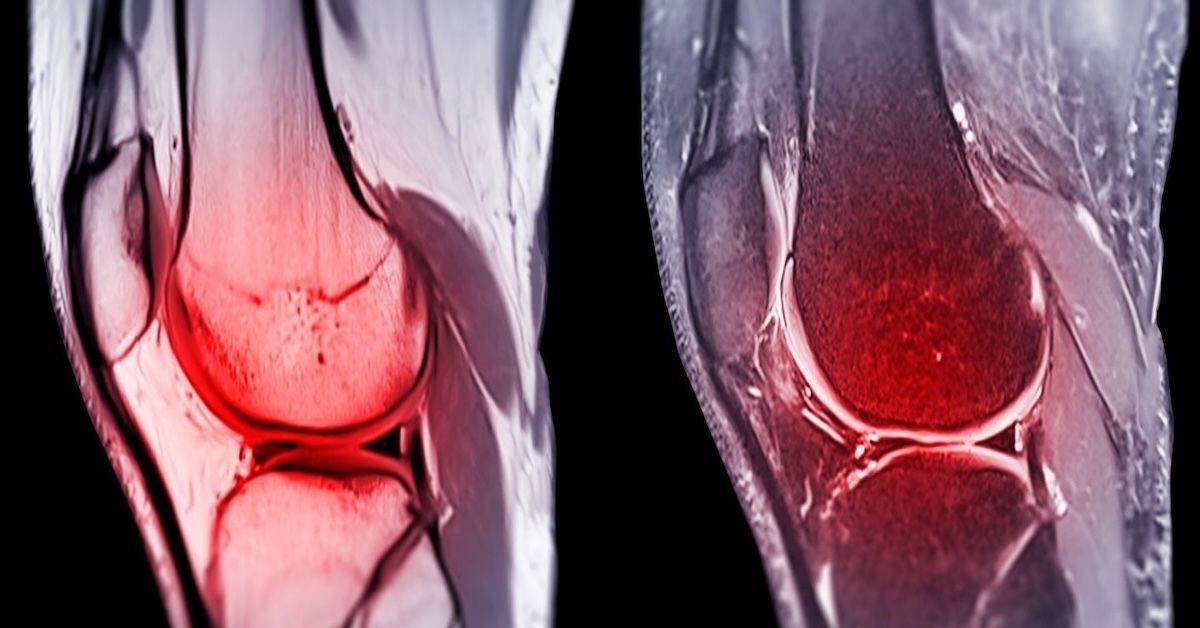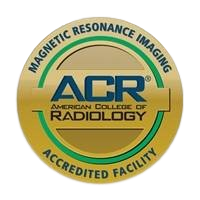Why Do Some Insurance Plans No Longer Cover Advanced MRI Positions?
It’s frustrating when your doctor recommends an advanced MRI position to get to the root of your pain, only for your insurance provider to turn around and say, “Not covered.” You’re not alone. Many patients are hitting a wall when it comes to coverage for MRIs that go beyond the standard flat-back scan. But why does this keep happening?
Advanced MRI positions are changing how we look at the body. Yet insurance policies don’t always keep up. Understanding the reasons behind the coverage gap can help you better navigate your options and avoid surprise bills.
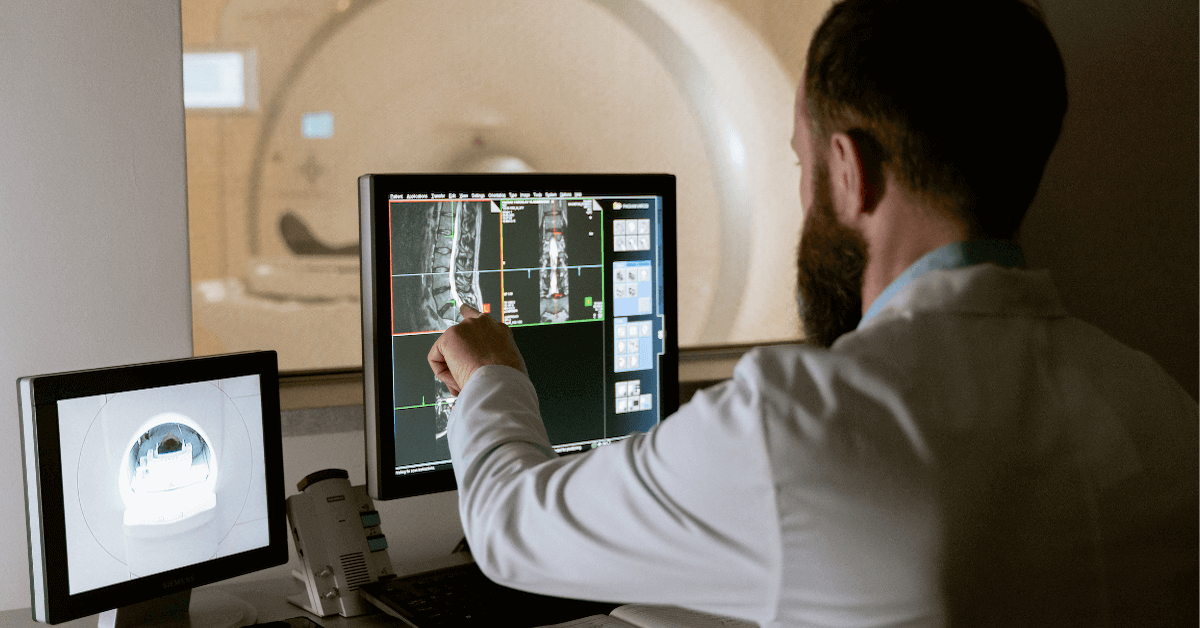
What Makes an MRI Position “Advanced”?
Not all MRIs are created equal. A traditional MRI scan typically has the patient lying flat and still inside a tunnel-like machine. But that position doesn’t work for everyone or every condition. In fact, some spinal and joint issues only show up when the body is upright or in motion.
That’s where advanced positions come in. Flexion and extension MRIs, weight-bearing MRIs, and upright MRIs give a more accurate look at what’s going on under real-life conditions. These scans help doctors see issues like spinal instability, disc compression, and joint behavior that can be missed in standard scans.
So Why Are Insurance Providers Pulling Back?
Let’s cut to the chase. Insurance companies don’t like paying more than they have to. Advanced MRIs often cost more because they take longer, require specialized equipment, and are done in fewer facilities. For insurers, that’s a red flag.
So instead of approving all these scans automatically, they’re tightening the rules. Many now require doctors to provide “proof” that the scan is absolutely necessary. If the paperwork isn’t rock solid, the request gets denied. Some insurance plans have gone a step further and flat-out removed coverage for these scans unless very specific criteria are met.
It’s Not About Medical Need—It’s About Policy Rules
This part stings. Even when a doctor says an advanced MRI is necessary, insurance doesn’t always agree. If the condition doesn’t check all the boxes in their system, it may not be approved. It’s not about what’s best for the patient, it’s about what fits the insurance company’s cost-control model.
As a result, patients often face delays. Some even end up repeating ineffective standard scans just to satisfy the requirements before getting the right one. It’s not just annoying, it can actually slow down recovery or lead to misdiagnosis.
Doctors Are Doing More Paperwork Than Ever
From a provider’s side, the process is frustrating too. To get an advanced MRI covered, doctors may need to submit lengthy pre-authorization requests, complete extra paperwork, or appeal denials after the fact. It takes time away from care and can delay your diagnosis.
And even when approvals go through, there’s no guarantee the insurance company won’t change its rules next month. That puts everyone in a tough spot.
What Can You Do If You’re Denied Coverage?
First, don’t panic. If your scan is denied, talk to your doctor about appealing the decision. Often, a more detailed explanation of your symptoms and history can turn things around. Ask your provider to include specific reasons why a standard MRI won’t be enough.
Second, call your insurance provider directly. Sometimes, you can get clarification or even reverse a decision just by speaking with a case manager. Be polite but firm, and ask exactly what documentation is needed.
Third, always check your benefits in advance. Don’t assume something is covered just because your doctor ordered it. Some insurance companies require prior authorization, and skipping that step can leave you with the bill.
Conclusion
It’s a tough pill to swallow, but insurance plans are making it harder to get the kind of imaging that offers the most insight. That doesn’t mean advanced MRIs are unnecessary. On the contrary, they can make a huge difference in getting the right diagnosis and treatment.
At Upright MRI of Deerfield, we understand how valuable these scans are. That’s why we work closely with patients and referring physicians to make the process as smooth as possible. If your insurance doesn’t cover the scan you need, we’ll walk you through other options, including flexible out-of-pocket rates and pre-authorization support. Because your health shouldn’t wait for red tape to clear.
SHARE THIS POST:
Leave a Comment:

The World's Most Patient-Friendly MRI. A comfortable, stress-free, and completely reliable MRI scan. We offer patients an open, upright, standup MRI experience that helps those who are claustrophobic and stress being in a confined area. Upright MRI of Deerfield is recognized as the world leader in open MRI innovation,
Our Recent Post
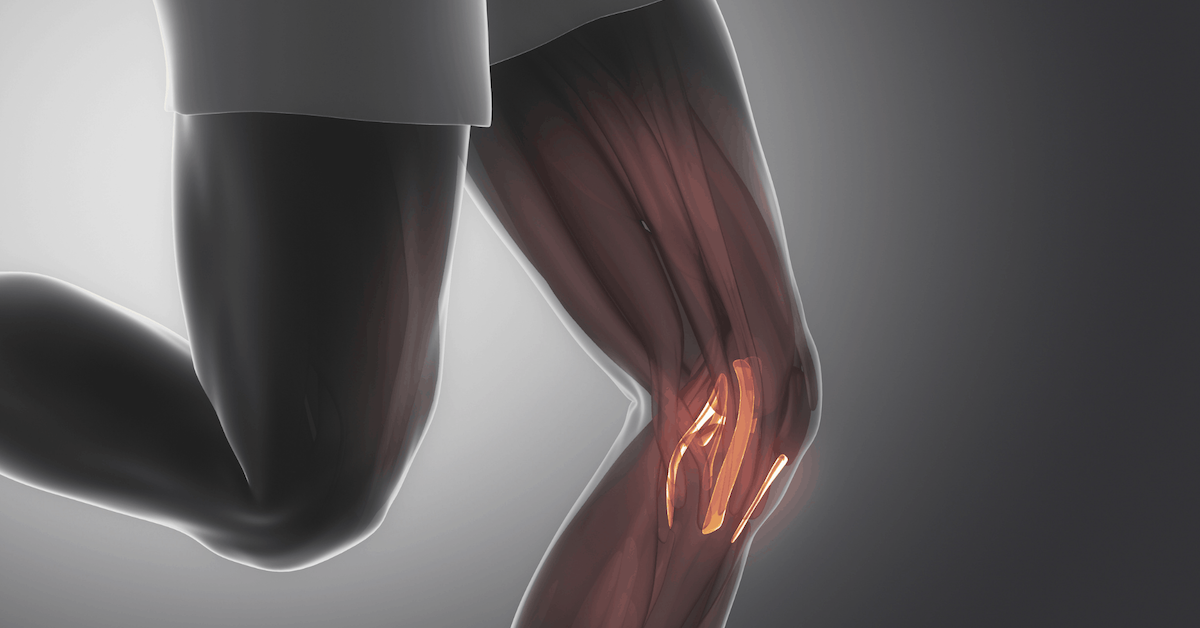
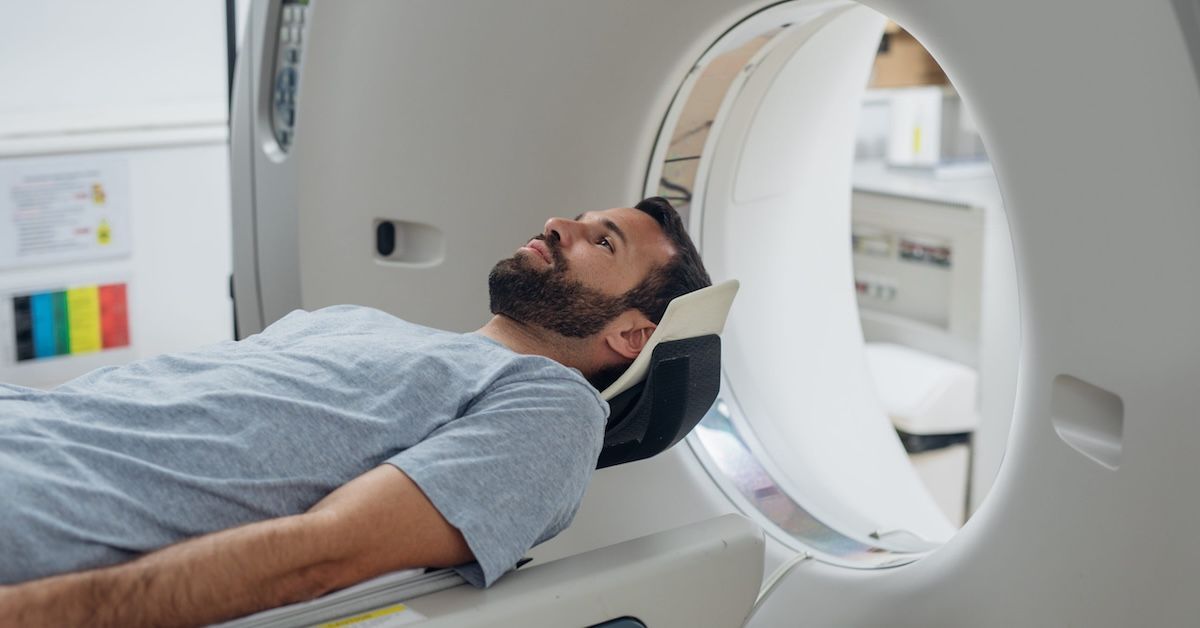

READ PATIENT TESTIMONIALS
Upright MRI of Deerfield.
Susan D.,
Highland Park, 39
I am going to tell everyone about your office! This was a great experience after I panicked in other MRI machines and had to leave. Thank you so much.

Judith B.,
Milwaukee, 61
I suffer from vertigo and other MRIs do not work. This was wonderful…absolutely NO discomfort at all. The MRI was so fast…I wanted to stay and watch the movie! Mumtaz was great. His humor really put me at ease. I’ve already recommended Upright MRI to friends.

Delores P.,
Glencoe, 55
Everything is so nice and professional with your place. I have been there a couple of times. My husband and I would not go anywhere else.

